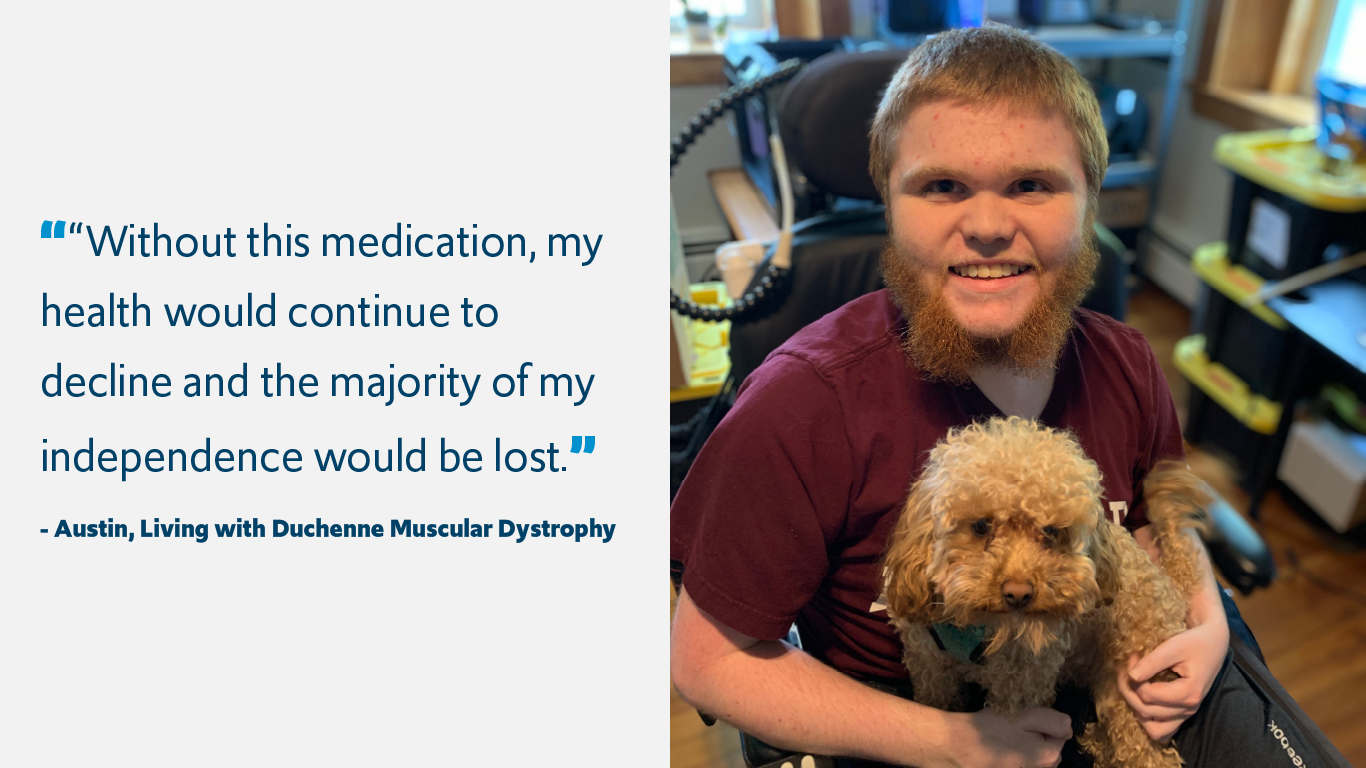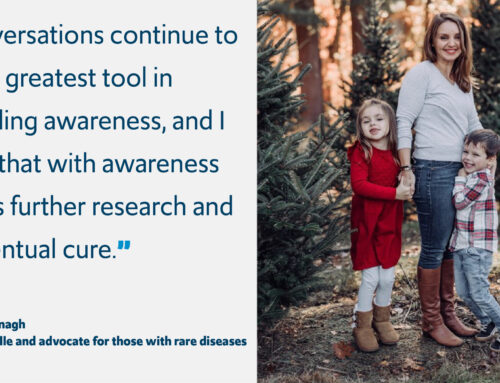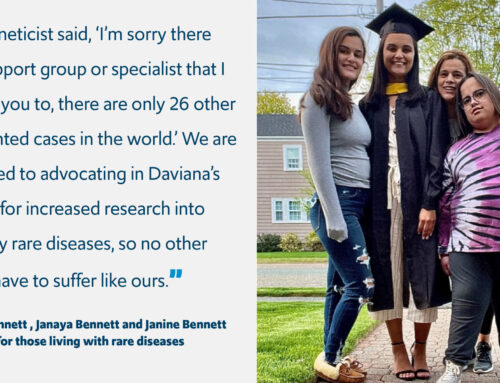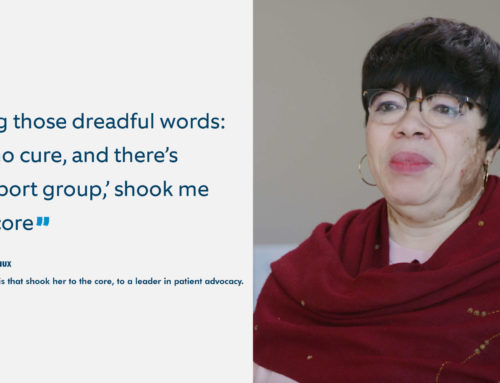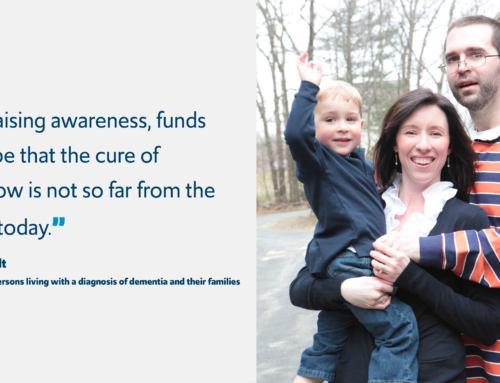My name is Austin Leclaire and I am 21 years old, living with Duchenne Muscular Dystrophy. Since I was a kid, I was aware that I was very different from the others my age. As time went on others began noticing me struggle with normal activities such as riding a bike. After these observations, my mother decided to bring me to the doctors in hopes of finding a diagnosis. My diagnosis was determined and finalized at the age of three. At this time, Duchenne was not well known and therefore the prognosis given from my doctor was grim. The only treatment recommended were steroids. As my mom researched my condition and learned more about it, naturally, she explained it to me as best she could and kept me informed. Being diagnosed wasn’t all that bad, I did get a cool new ride out of it! My mom became connected and involved with a group called PPMD, (Parent Project Muscular Dystrophy) which advocates for others with this disease. Once connected with them, she began fundraising at my school. I was present at all of the appropriate fundraising events which jumpstarted my role as an advocate.
Years later, there was a clinical trial for the first medication for Duchenne Muscular Dystrophy specifically. My mom had tried enrolling me into this trial but being non ambulatory and also unable to do the six minute walk test, which was a requirement, made it impossible. My younger brother, who also has DMD was accepted into the trial. He spent the next several years traveling to Columbus, Ohio every week for this treatment. We had noticed great improvement with Max, yet my own health was declining. After this we, had begun advocating in every way possible, in hopes that a second trial would be set up that I, as well as others, could participate in as well. Luckily, I was accepted in the non-ambulatory trial and continued advocating for everyone to have access to this medication by speaking at FDA hearings. A drug was approved called Exondys51, which has allowed me to continue performing everyday tasks independently such as; feeding myself, using my laptop for my college homework, urinating without assistance and body repositioning in my bed and chair. Also, I do not have to rely on breathing machines at nighttime. Without this medication, my health would continue to decline and the majority of my independence would be lost eventually. Loss of my independence would have widespread negative effects on my social, school and work life. I have always tried to live life to the fullest despite my disability. If I was ever told I couldn’t do something I would always find a way and a solution to every problem I face. I don’t allow my disability to control me but instead use it as motivation to prove I can do anything I put my mind to. I use comedy and self- mockery to uplift me on particularly hard days.

